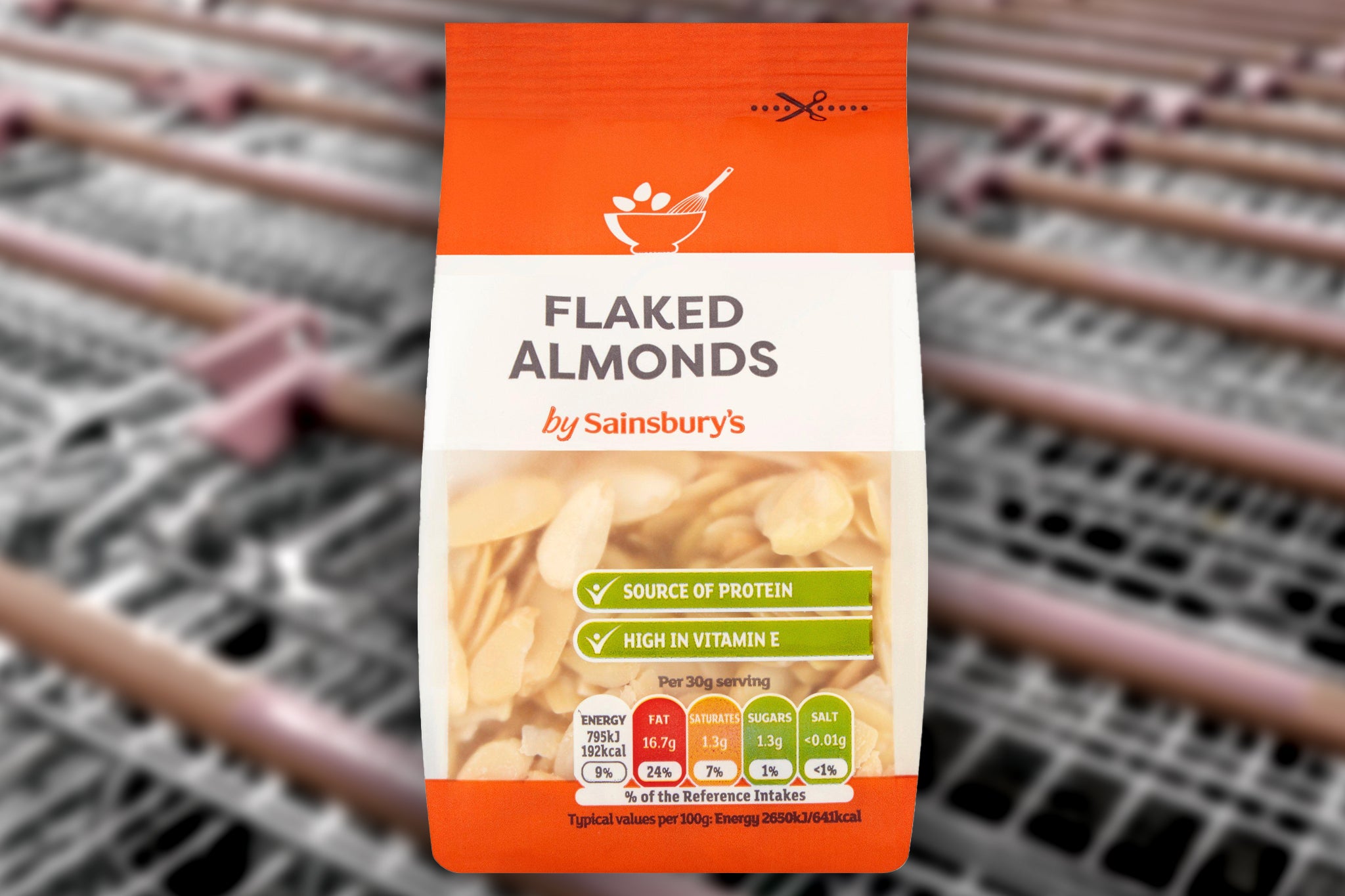Sainsbury’s recalls popular food item over salmonella risk
Eating the infected product could lead to sickness, stomach cramps and a fever
Your support helps us to tell the story
From reproductive rights to climate change to Big Tech, The Independent is on the ground when the story is developing. Whether it's investigating the financials of Elon Musk's pro-Trump PAC or producing our latest documentary, 'The A Word', which shines a light on the American women fighting for reproductive rights, we know how important it is to parse out the facts from the messaging.
At such a critical moment in US history, we need reporters on the ground. Your donation allows us to keep sending journalists to speak to both sides of the story.
The Independent is trusted by Americans across the entire political spectrum. And unlike many other quality news outlets, we choose not to lock Americans out of our reporting and analysis with paywalls. We believe quality journalism should be available to everyone, paid for by those who can afford it.
Your support makes all the difference.Sainsbury’s has issued an urgent recall of their own-brand flaked almonds due to contamination with salmonella.
Customers have been warned not to eat the Sainsbury’s Almonds sold in a 200g pack and asked to return the product to stores, where they will be issued a full refund.
A statement from the Food Standards Agency said: “Salmonella has been found in the product listed above.
“Symptoms caused by salmonella usually include fever, diarrhoea and abdominal cramps.”
Symptoms of salmonella usually start within a few days of eating the food that caused the infection, however it can take up to a few weeks.

A Sainsbury’s spokesman said: “Sainsbury’s is recalling the above product. Point of sale notices will be displayed in stores where the product was sold.”
The recalled flaked almonds have the batch code 4044, 4045 and best before date of February 2025.
The ingredient are usually used in cakes, curries or as a garnish.
In 2022, a salmonella outbreak caused some 57 people in the UK, mostly young children, to become infected in an outbreak linked to Kinder Surprise eggs.
More cases were recorded across Europe, including Ireland, France, Germany, Sweden and the Netherlands from the eggs made in Belgium.

Join our commenting forum
Join thought-provoking conversations, follow other Independent readers and see their replies
Comments